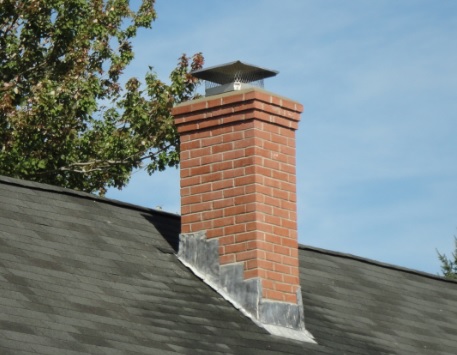There are a few types of sealers you can use to waterproofing your masonry, but the best type of waterproofing sealer is a Silane-Siloxane sealer. Silane-Siloxane sealers work to repel water, therefore reducing the amount of water and moisture that can travel through the brick and into your home. They penetrate into the brick where they form a hydrophobic barrier that can’t be seen, or felt, from the outside. It is the perfect sealer if you are looking to waterproof without changing the look or color of the brick.
Now, there are a few things you should understand about sealers, and how they function. Sealers are designed to reduce water movement through the pores of the brick. They are not designed to stop water that moves through cracks, gaps, and openings. If your brick has issues, or if the mortar is no longer in tact, you will want to repair the bricks and mortar that is damaged before sealing.
Sealing your brick with a Silane-Siloxane sealer is fairly simple. Once the brick has been cleaned and allowed time to dry, simply spray 2 coats of the sealer directly onto the brick and mortar. It is very important to make sure the brick is currently unsealed. Silane-Siloxane sealers are penetrating sealers and need to be able to access the brick in order to penetrate. If there is another sealer or coating present, the Silane-Siloxane won’t be able to penetrate through it.
Water VS Solvent Based
Now that you know which type of sealer to choose, let’s talk about water versus solvent based sealers and which one is better. The answer is pretty easy, either is fine! The water and solvent are simply carriers for the chemical. Both water based and solvent based silane-siloxane sealers will waterproof your brick the same. Personally I prefer water based simply because the application and clean-up is much easier than dealing with a solvent based sealer. Solvent based sealers will often require a mask and special type of solvent resistant sprayer. Further, if you spill any of the solvent based sealer onto your home, it can be corrosive to certain types of materials.
Why You Should Seal Your Brick
You should always seal your brick. You should seal any concrete or masonry that is exposed to the elements. Silane-Siloxane sealers offer more than just waterproofing benefits. By reducing the amount of water and moisture that is able to be absorbed into the brick, you are also reducing how long water sits on and in the surface. You will notice your brick dries faster, is easier to clean, and mold and mildew growth is dramatically reduced. You can also reduce cracking and spalling caused by freeze-thaw cycles.
Other Types of Brick Sealers
There are a few other types of sealers that you can use to waterproof brick, but they aren’t as effective as Silane-Siloxane sealers.
- Silicate Sealers – Silicate sealers are not water repellents. They work to increase the strength and density of the brick, which can reduce the movement of water through the pores, but they don’t repel water, and they don’t stop water from being absorbed into the brick. If you used a silicate densifier, no worries! You can typically apply a Silane-Siloxane sealer over surfaces previously sealed with a silicate sealer.
- Paints – Paint stops everything, but there are some downsides – such as peeling, flaking, and chipping. Paint will also change the look of the brick, and cover its natural beauty.
The best type of sealer for waterproofing brick, especially if you don’t want to change the look or color, is a Silane-Siloxane sealer.
Featured Brick Sealer
- Armor SX5000 WB – Department of Transportation Approved, PRO-Grade silane-siloxane water repellent sealer.

